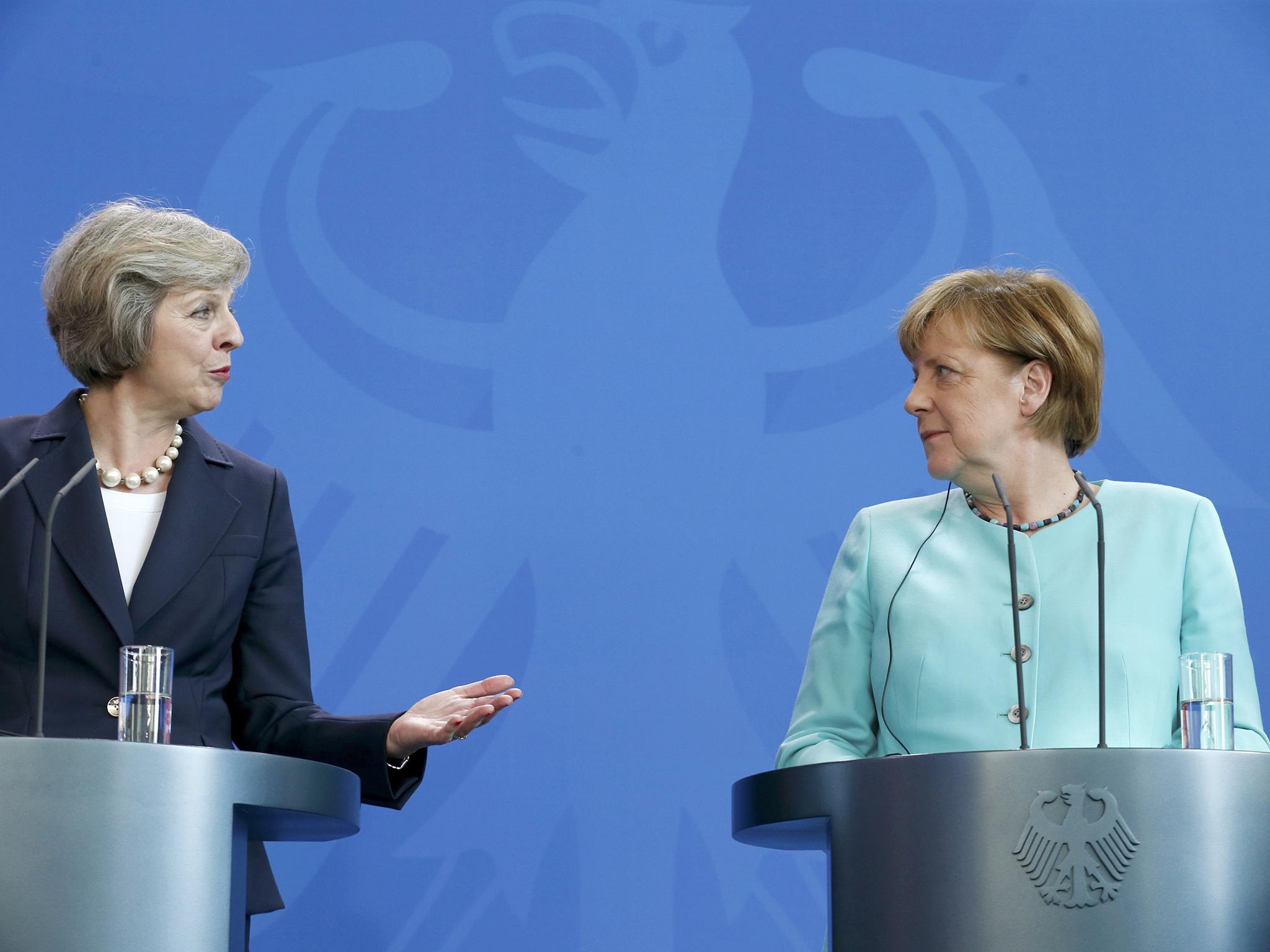Why Britain could end up rejoining the EU after a decade of Brexit
It's not true to say that as people get older, they become more Eurosceptic – there's good reason to believe that as the baby boomers begin to die out, so will British suspicion of the EU


Britain is firmly on the way to leaving the European Union – but there are some good reasons to think this separation might not necessarily be permanent.
It’s now well established that the Leave vote was driven by older people. 75 per cent of 18-24 year olds voted Remain, as did 56 per cent of 25-49 year olds. On the other hand, the 65+ age group carried Leave over the finish line with a 61 per cent vote for Leave.
The obvious question to ask is, as older Leave voters inevitably die and more young Remain voters enter the voting age population, will we see a naturally rising tide of support for the EU that could tip Britain back into the bloc?
It may be that as you age, you stop liking the EU. If that is the case, we can expect Leave voters to pass away, but formerly young people to take their Eurosceptic place as they age, with no overall change in support for Leave or Remain.
But there’s not really any evidence to suggest that’s the way it works.
In fact, there is some evidence to suggest that the very, very oldest people are more supportive of Remain than their slightly younger 65+ counterparts.
An analysis by ComRes published in the run-up to the referendum suggested that the 75+ age group were significantly more in favour of staying in than slightly younger older people of the so-called “baby boomer” generation.
This makes sense, because we have a pretty good idea of some of the reasons that led people to vote Leave.
Far from the passage of time literally causing a person to become more Eurosceptic, which would be quite strange, it seems that there are factors that apply to particular generations making them more inclined to be suspicious of the EU.
Most analyses focus on Leave voters who have been “left behind” by economic changes brought about by globalisation. Globalisation hit particular people in a particular generation in a particular way. Now they are mostly 65+, and they voted for Brexit.
Other research, by academics at LSE, found that particular social attitudes like support for the death penalty were the best indicators of whether someone supports Leave. As with the economic indicators, these values tended to be more widespread in older people, becoming steadily less popular across society. Illustratively, the British Social Attitudes survey found support for the death penalty dropping below 50 per cent for the first time ever last year.
If this is in fact the real picture, you’d expect the Remain (or should that be “Join”?) vote to naturally edge upwards over time while the Leave vote falls.

It’s hard to say exactly how long it would take for Remain to get firmly ahead; just under 1 per cent of the population dies each year (not all of them old), and around the same proportion turns 18 and joins the voting age population.
Depending on how long the leaving process takes – estimates have ranged from two years to a decade – there may be a secular majority in favour of Remain by the time Britain actually gets around to quitting the EU.
A majority wanting to re-join does not necessarily mean Britain would re-join. There was, after all, apparently a majority in favour of leaving, but the UK remained a member for decades.
It’s also hard to see a Tory government ever considering re-entry – along with all the internal strife that would bring within their own ranks. They more often than not run the country. The political possibly of Labour taking the UK back in is also unpredictable and will depend on what form the party takes in five years’ time. It is now clearly in a state of flux.
Equally, the act of Brexit itself could reinforce support for Brexit. Young people reaching voting age now are supportive of the EU, but they might not always be. If economic conditions are set to change as Britian leaves, the conditions that are creating young Europhiles may well change too.
And the EU itself could of course change. Will the remaining EU 27 take advantage of Britain leaving to forge ahead with the ever closer union they were denied? Will the EU collapse, as many hardline Eurosceptics hope? These are all possibilities.
But the main point is this: yes, as Theresa May says, “Brexit means Brexit”. But it won’t necessarily be forever.
Join our commenting forum
Join thought-provoking conversations, follow other Independent readers and see their replies
Comments
Bookmark popover
Removed from bookmarks